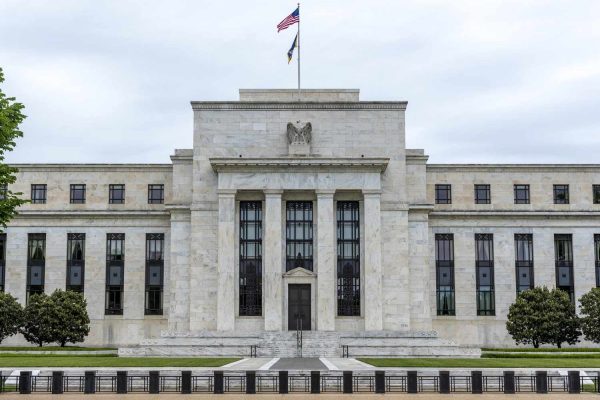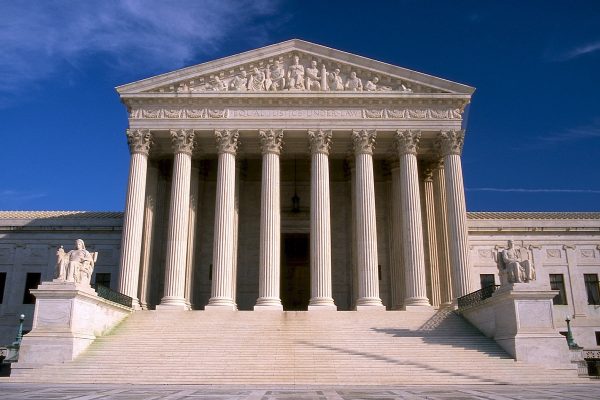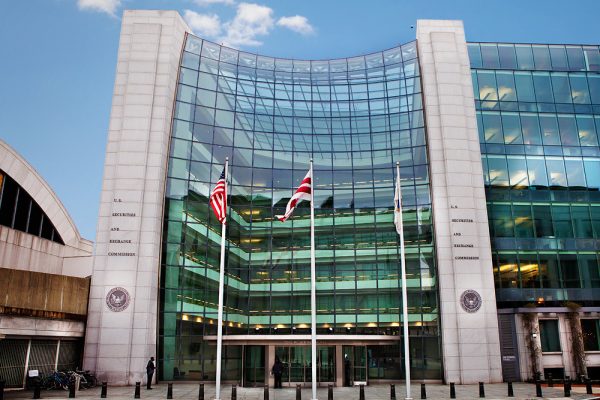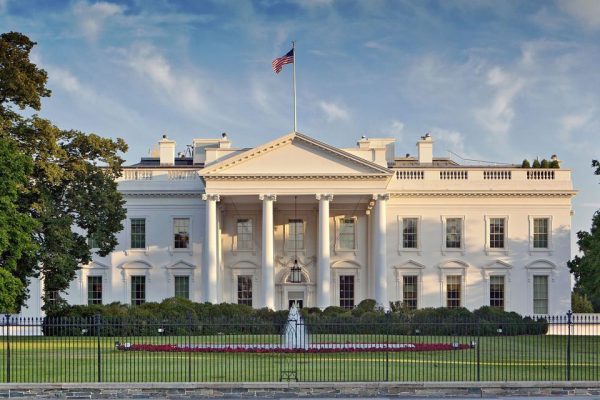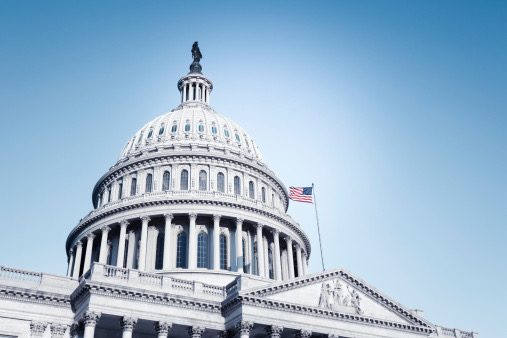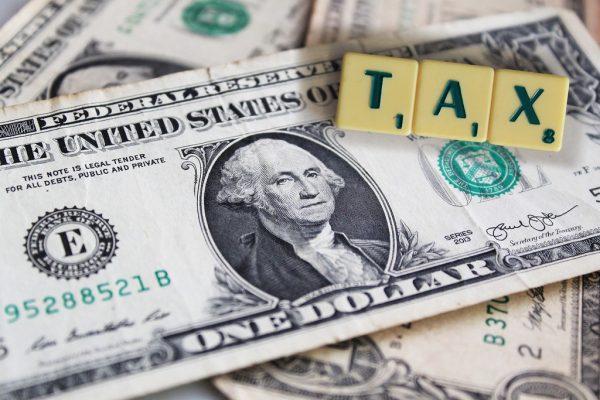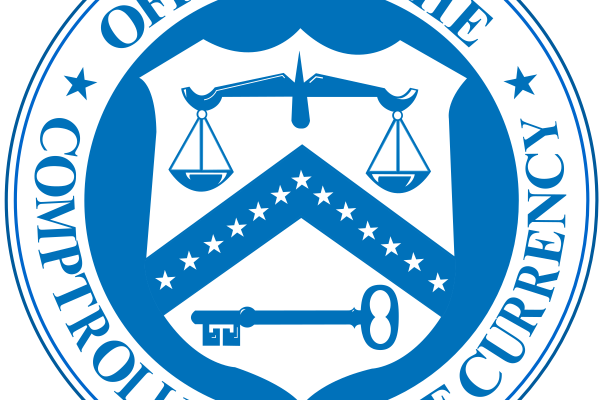Blog: Fed Should Ignore Megabank Lobby and Strengthen Capital Rules
As the Federal Reserve prepares new capital rules for American banks, Wall Street is rolling out its misdirection and bad arguments – as it has for much of the past decade – about why they should not be required to steel themselves against a crisis or downturn. And once again, regulators and Congress must be prepared to ignore their histrionics and strengthen capital requirements.


